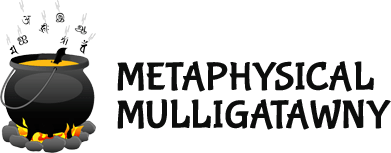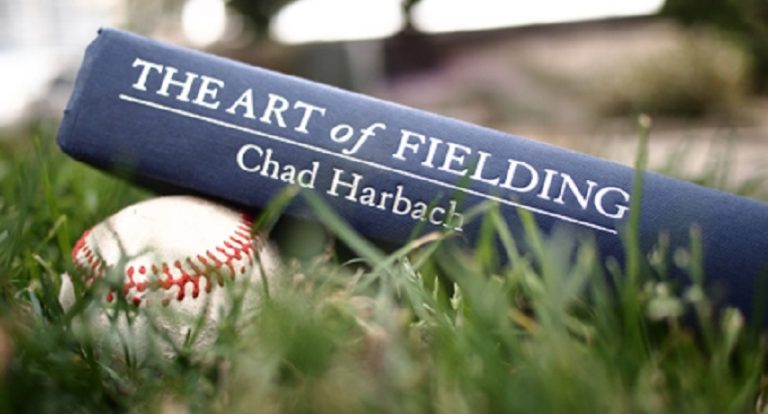And here’s the best part: you can just dip into an eBook here and there, a few pages or a chapter, minimise it and feel you’ve sort of read it. You won’t feel guilty about buying more because the unread pile is as good as invisible.
As a writer, and not just as a reader, you can feel pretty liberated too: you don’t have to think of every book project that you embark on as being a hefty contribution, an ambitious tome. It can be, like the 17,000-word How a Book is Born (a Vanity Fair eBook), a tantalising little book. Perhaps not easier to write, but perhaps more compelling; and for the reader, more beckoning.
When I bought my first eBook I actually felt annoyed: You see, I didn’t think I would need one. With so many physical books to choose from (and so many unread from my shelves) in a bookstore, why did I feel compelled to buy an eBook? Because this book that I wanted so much was available only as an eBook. I did not think that there would be books I would want to read that were only eBooks. Because: a) I thought all good books would be both printed and digital, b) that a digital-only book would hardly be the kind of book I could not do without, and c) that a writer I liked would hardly be the kind of author who would publish something only as an eBook. Wrong.
There are some perfectly nice books, even juicy books, that are apparently only eBooks. This one that I so badly wanted to read was How a Book is Born: The Making of The Art of Fielding, by Keith Gessen. As books go, printed or digital, this is something new in the mythology of publishing: it tells you how a bestseller, a real book, not a hypothetical one, was written, designed and published. The Art of Fielding by Chad Harbach, which bagged a $650,000 advance, was released just a few months ago to early critical acclaim. Apparently, the author worked on it for ten years. Gessen, editor and co-founder of the literary magazine, n+1, is a friend of Harbach, and tells this story from the time it was only an MFA classroom project to how it concluded: with a national book tour full of buzz.
The book’s blurb notes, “Gessen pulls back the curtain on the insular, fiercely political, and cutthroat literary world of Manhattan — a place where the ‘Big Six’ publishing houses, owned by multinational conglomerates, reign supreme, while smaller houses are left to fend for themselves. Gessen exposes the modern-day book business for what it is: a largely uncertain enterprise — but rife with courageous, enthusiastic individuals — struggling to redefine itself in the face of its own digital revolution.”
This is the kind of book I’m always up for, and when in the middle of browsing for a new book, I stumbled on an ad for How a Book is Born, I looked for a brick and mortar or an online bookstore to order a copy of the book from, and realised it was an eBook only.
After my initial disappointment, I settled down to read it, and discovered an eBook was, in its own way, fun. I won’t go into details of how and what – the digital reading experience has been chronicled amply by young contemporary readers — but there is one thing that struck me: you don’t get an idea of the size of the book from just looking at an eBook cover. This is actually a 17,000-word book. In print it would be a slim, elegant keepsake, like one of those Fine Press books.
Using a simple, engrossing narrative Gessen tells a fascinating publishing story: he begins at the end, giving us the dope on how author, literary agent, and book designer went through several ideas for a book cover.
The book is ostensibly about baseball, and as a team they decided early on that they didn’t want anything about baseball on the cover. And yet the cover had to evoke the book. Gessen then goes way, way back to when the book was still being written. As the years pass, Harbach is still making drafts of it, while his friends and contemporaries are getting published. Finally, one day, the book is ready. The narrative then jumps to the search for a literary agent, someone who would see how good the book was.
The book finds the agent it deserves and he shepherds the book through a fierce bidding war. They secure a huge advance and then the process to find the right editor begins.
I don’t think a story like this has been attempted. The true literary tales up till now have been stories of writers struggling with a big book, or profiles of star editors and famous publishers, but nothing that has taken us through every step of the publishing process. If this is what eBooks make possible — unusual, fascinating subjects like how a book, a physical paper and ink book is born — then count me in as an enthusiastic reader and writer of digital stories.






 Users Today : 0
Users Today : 0
Leave a Reply